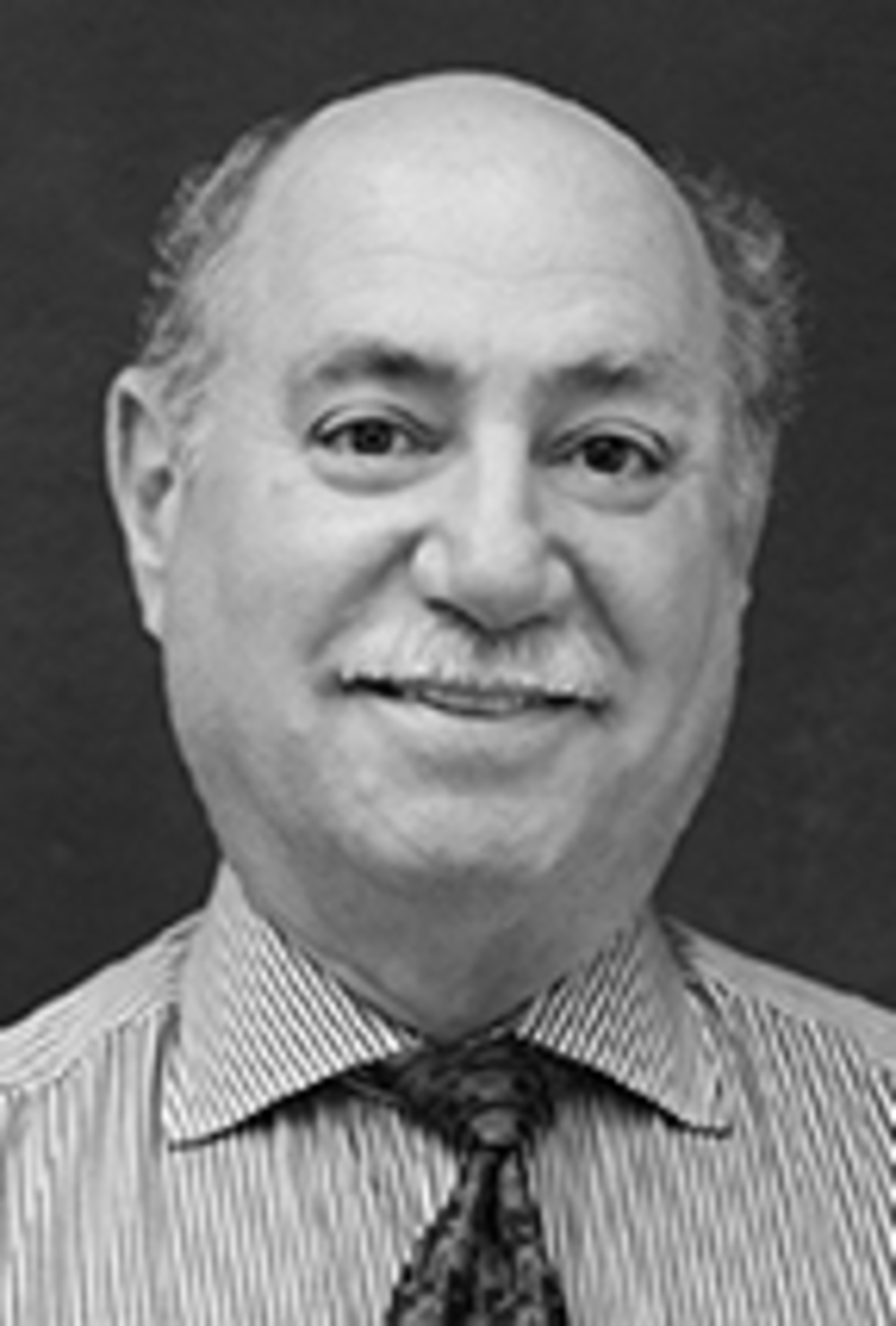Every soul is special
I attended the Koleinu Shabbat service on November 9 at Temple Emanu-El. Designed for people with differing abilities, it is a worship program brought to Emanu-El by Rabbi Elan Babchuck and based on his experience in Los Angeles, California, where he conducted similar services. He has been working here with a group dedicated to creating a Shabbat service that is as inclusive as possible.
The members of the inclusion committee were connected, either by their own special need or by a family member with a special need. They made Koleinu a reality at Emanu-El. Improvements have been made for those with slight hearing and sight difficulties and most physical obstacles have been removed.
The committee seeks to engage differently abled youngsters and young adults who, for a variety of reasons, have been unable to participate in a typical Shabbat service or even, for that matter, able to sit in a pew for an extended period of time.
Based around the Tikvah Siddur and service being used at Camp Ramah, a shorter, more comfortable setting (most of us sat in cushy beanbag chairs) has been designed for adolescents with differing learning, emotional or developmental styles and abilities. The Tikvah Siddur includes color-coded tabs to make it easier to locate specially selected prayers and participate in a shortened, yet meaningful service. The next service is in early January.
Hinda Eisen, a familiar face at Emanu-El, led us in the service. Hinda, Emanu-El’s former ritual director and a soon-to-be-ordained cantor, guided the children, their parents and guests through what most traditionalists would consider an abbreviated service, and yet it was one that included Ma Tovu, Aleinu, Barchu, Shema and Adom Olam. The Ark was opened at the request of one child and, although there was no Torah service this day, those children who wished to do so, kissed the Torah.
I felt honored and privileged to join in this inclusive, celebratory and very spirited service. To say that it was moving, to say that it was emotionally inspiring and energizing, does justice to neither the descriptors nor the service itself. It had to be experienced and absorbed through all available senses. Music, hand clapping, rhythm, repetition, percussion and chanting, allowed ease of participation for all. And, as we all followed along with Hinda – singing, clapping, tapping cymbals and shaking bells, something happened – we became one congregation.
At one point, Marilyn Katz, demonstrating the skill of a practiced organizer, gave each of us small packs into which we could pack away an idea, or a concept, or an imaginary thing to bring with us as she led us across the shul into “the desert” and made sure we all had cardboard “stone” pillows on which to rest our heads. We each explained what one thing we “brought” to the desert. It was a personal moment; it was a profound moment. It was a precious moment.
Throughout the service, “signing” for one child, firmly guiding another and coaching an adult, Toby Liebowitz – a teacher’s teacher – showed the same patience, grace and gentle hand she showed my own children two decades earlier. Toby is a gift.
At the conclusion of the service, we stood in a tight circle, clapped our hands to Hinda’s rhythm and chanted as one, “I thank God. I thank God.” We then took turns sharing for what we were thanking God. We all then picked up each shared idea and repeated it as a group. One child thanked God for Hanukkah and we all clapped hands, chanting, “I thank God for Hanukkah.” For my turn, one of a dozen, I thanked God for Koleinu and we all clapped and thanked God for Koleinu.
One guest clapped and chanted, “I thank God for health.” We all clapped hands and all but one of us chanted, “I thank God for health.” I clapped my hands and could only think of thanking God for I could no longer speak. I silently thanked God for my own two healthy babies, now 32 and 29.
Hug your babies. Love your babies. Thank God for your babies.








